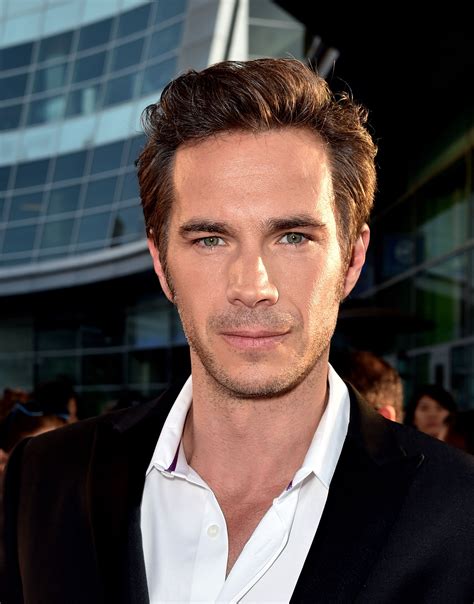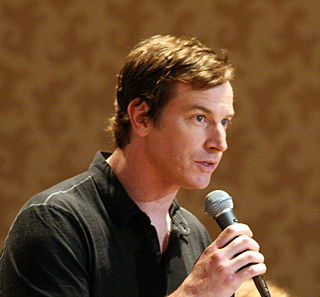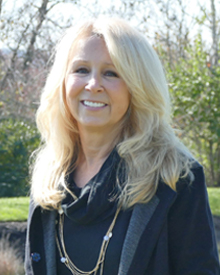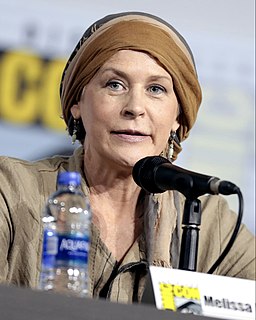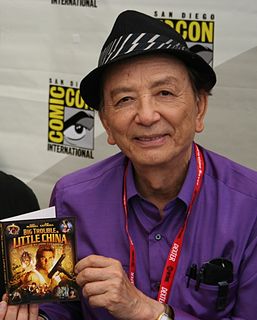A Quote by Nina Jacobson
You're not doing the scene exactly the way it is in the book [The Hunger Games], but the intention of the scene is there.
Related Quotes
have a much harder time writing stories than novels. I need the expansiveness of a novel and the propulsive energy it provides. When I think about scene - and when I teach scene writing - I'm thinking about questions. What questions are raised by a scene? What questions are answered? What questions persist from scene to scene to scene?
All directors on all sets behave slightly differently depending on what the scene is. For example, if you are doing a love scene, which is intimate then the director is likely to be intimate. If you are doing a scene where everyone is mucking around and laughing then the director is likely to start with that. If you are playing a scene which us incredibly heavy and everyone getting killed then there are probably not many laughs on the set.
That was sheer luck that it [being immersed into folk scene] happened when my voice began to develop. I don't know exactly what would have happened if I hadn't been alive and well and really lively in the Cambridge scene. But (the folk scene) was, and I fell into it absolutely naturally in the little coffee shops, and pretty soon it was Newport and then it was an overwhelming response internationally, actually.








